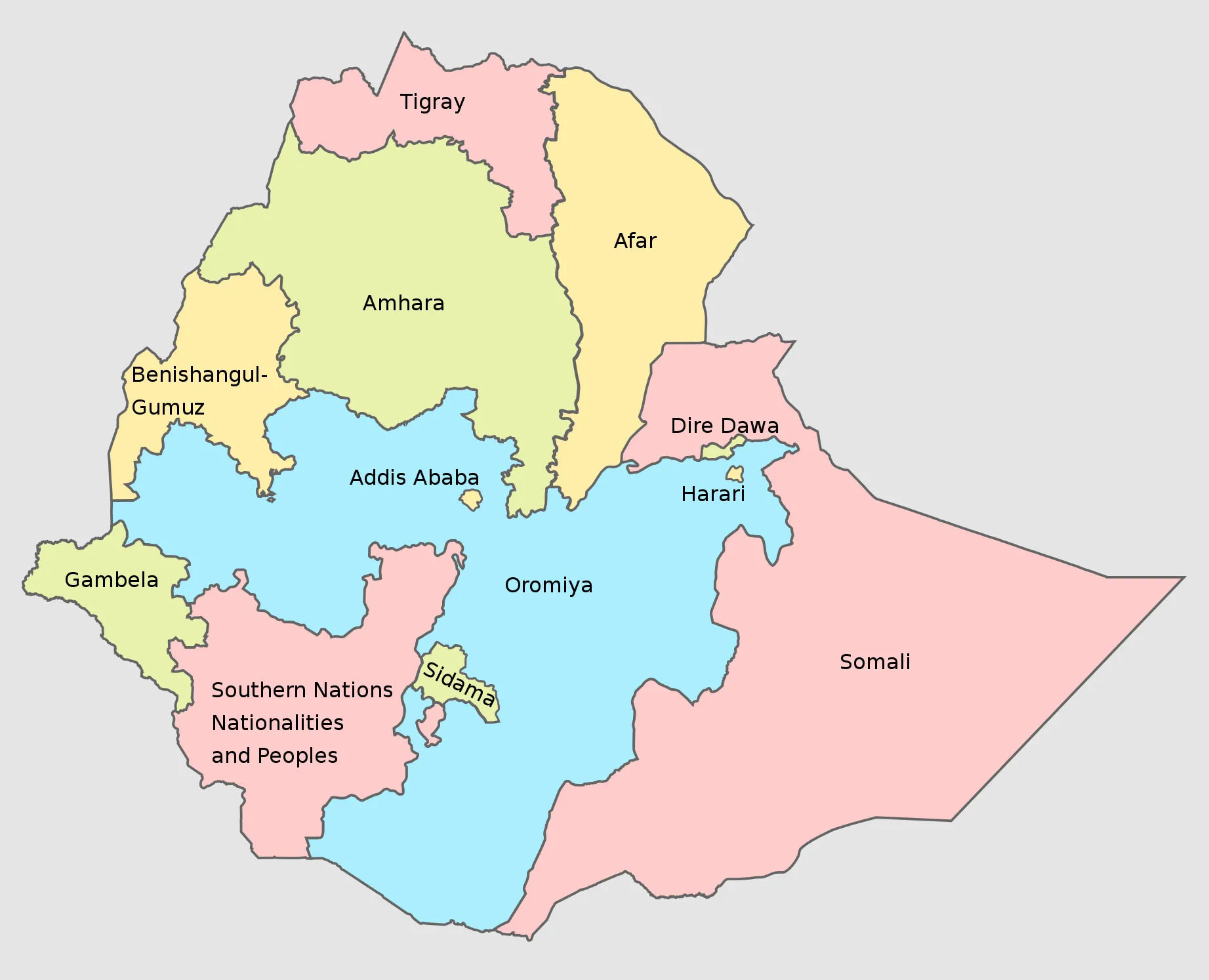A UN panel is set to present a report to the UN Human Rights Council, warning that Ethiopia’s conflict has escalated to a nationwide issue.
The group states that war crimes and atrocities still occur in the country. Mohamed Chande Othman, the panel’s chair, confirms this.
He says the peace deal hasn’t solved the conflict, especially in the Tigray region.
The report points to increased abuses in the Amhara region. Oromia and other areas also face similar issues.
The conflict started between rebel forces in Tigray and the central government. Eritrean troops backed the government. Both sides committed many wrongdoings.

In November 2022, a ceasefire agreement was signed. It ended two years of fighting with the Tigray People’s Liberation Front.
However, the UN says Eritrean troops and Amhara militias are still breaking the rules. They continue to commit severe acts, including sexual violence against women of various ages.
Background
Ethiopia has a complex history of ethnic tensions. These divisions often fuel internal conflicts.
The Tigray conflict is a recent example but not unique. The Oromo and Amhara regions also face unrest. This means the whole country is a powder keg, ready to explode.
Historically, Ethiopia managed to avoid colonization. But internal strife has been a constant challenge.
For years, the government struggled with governance across diverse regions. The current conflict is partly rooted in these longstanding issues.
The Tigray war began in 2020, escalating quickly. The involvement of Eritrean troops made it more than a domestic issue.
The peace deal in 2022 brought some hope. But as this report shows, peace is far from secured.
International involvement so far has been limited. Major powers seem cautious about getting entangled.
However, as the UN report indicates, neutrality may no longer be an option. The global community could face pressure to intervene or provide humanitarian aid.
Economic consequences are also at play. Ethiopia’s economy was growing before the conflict.
Now, war disrupts agriculture and scares off foreign investment. The Ethiopian people bear the brunt of this downturn.

